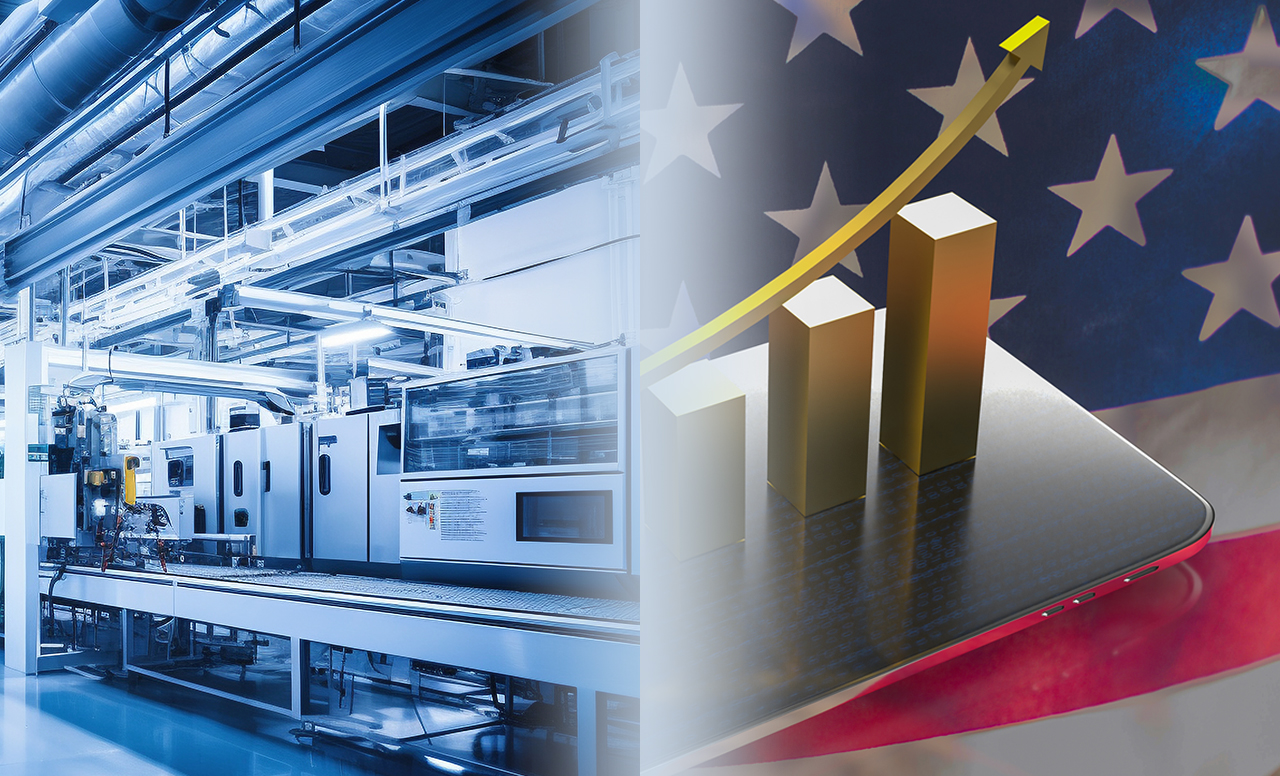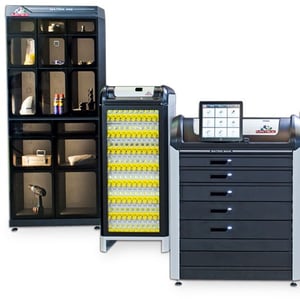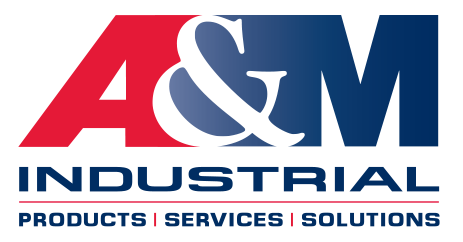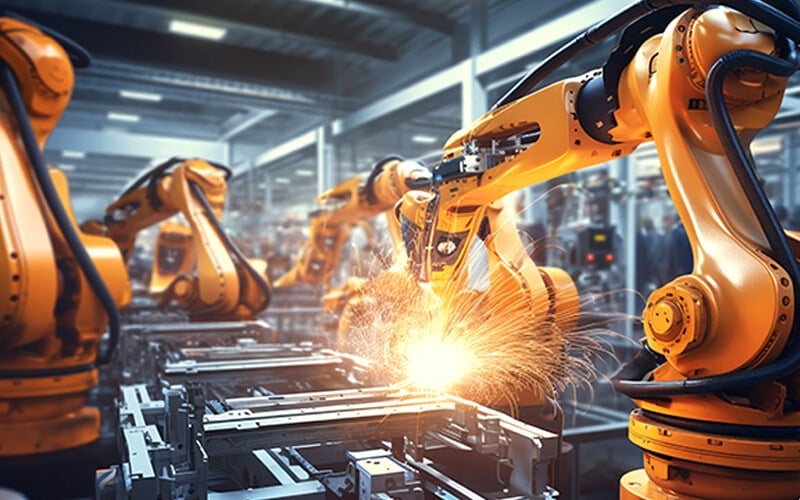The Impact Of Inflation On Machine Shops And Manufacturing in the US

Inflation is a persistent increase in the general price level of goods and services in an economy over a period of time. While it affects various sectors, the impact of inflation is particularly hard-hitting in metalworking facilities, machine shops, and manufacturing in the United States that are particularly vulnerable to its consequences. In this blog, we will explore how inflation impacts machine shops and manufacturing, and discuss potential strategies to mitigate its effects.
Rising Input Costs:
One of the primary ways inflation affects machine shops and manufacturing is through the increase in input costs. Raw materials, energy, and transportation expenses tend to rise during inflationary periods. Machine shops heavily rely on these inputs, and any increase in their prices directly impacts their profitability. Manufacturers face similar challenges, as they require a wide range of inputs to produce goods.
Reduced Profit Margins:
As input costs rise, machine shops and manufacturers often find it challenging to pass on these increased expenses to their customers. This leads to reduced profit margins, as they are forced to absorb a portion of the cost increase. Inflation can erode the profitability of machine shops and manufacturing facilities, making it difficult for them to sustain operations and invest in the growth necessary to run a successful manufacturing business.
Wage Pressure:
Inflation can also lead to wage pressure within the industry. As the cost of living increases, employees may demand higher wages to maintain their purchasing power. Machine shops and manufacturers may face challenges in meeting these demands, especially if they are already grappling with rising input costs. Failure to address wage pressure can result in employee dissatisfaction, higher turnover rates, and a decline in productivity.
Delayed Capital Investments:
Inflationary periods often create uncertainty and reduce business confidence. Machine shops and manufacturers may delay or scale back their capital investments due to concerns about future costs and returns. This can hinder technological advancements, process improvements, and overall competitiveness. Delayed investments can also impact the ability to meet customer demands and adapt to changing market dynamics.
Pricing and Market Competition:
Inflation can disrupt pricing strategies and intensify market competition. Machine shops and manufacturers may struggle to adjust their prices in line with rising costs, leading to potential loss of market share. Competitors who can manage their costs more effectively may gain a competitive advantage, further impacting the profitability and sustainability of businesses in the industry.
Mitigating the Impact of Inflation:
Strategic Cost Management:
Machine shops and manufacturers should focus on optimizing their supply chains, negotiating favorable contracts with suppliers, and exploring alternative sourcing options. Implementing efficient inventory management systems, including vendor-managed inventory programs like A&M's AiM (Automated Inventory Management) program, can also help reduce waste and control costs. Pricing of tools and equipment can vary greatly from varying suppliers, as inflation also impacts the competitive landscape between industrial distributors – take advantage of promotions and special offers and contact your sales rep to request a quote or negotiate special pricing that may be available to your business.
Review Your Current Workflows & Product Usage:
Review your current processes to identify inefficiencies – what potential improvements can be made? Look for where you can save time, eliminate or combine steps, and reduce time between tasks. Contact the A&M Metalworking Team for assistance with reducing cycle times, or for help identifying the right tools for your application. In addition, you can request an abrasives assessment, request a machining fluids assessment, or request a drum handling assessment for a free, in-depth review of your current product usage and processes by experts that will provide documented cost savings.
Diversification and Innovation:
Expanding product offerings and diversifying customer bases can help mitigate the impact of inflation. By targeting different industries or markets, machine shops and manufacturers can reduce their dependence on specific sectors that may be more vulnerable to inflationary pressures. Investing in research and development to innovate and create value-added products can also enhance competitiveness.
Workforce Development:
To address wage pressure, machine shops and manufacturers should invest in workforce development programs. Upskilling employees, providing training opportunities, and offering competitive benefits can help attract and retain talent. Engaging employees in productivity improvement initiatives can also enhance operational efficiency and offset rising costs. Contact the A&M Metalworking Team to learn more about training opportunities that are available.
Strategic Pricing and Customer Relationships:
Developing strong relationships with customers and understanding their needs can enable machine shops and manufacturers to have open conversations about pricing adjustments. Collaborating with customers to find mutually beneficial solutions can help maintain long-term partnerships and mitigate the impact of inflation.
Conclusion:
Inflation poses significant challenges for machine shops and manufacturing in the US. Rising input costs, reduced profit margins, wage pressure, delayed investments, and intensified market competition are some of the key impacts. However, by implementing strategic cost management, diversifying and innovating, investing in workforce development, and maintaining strong customer relationships, machine shops and manufacturers can navigate these challenges and position themselves for long-term success in an inflationary environment. Find more insights and tips on running your business on A&M's Industrial Insights Blog.


